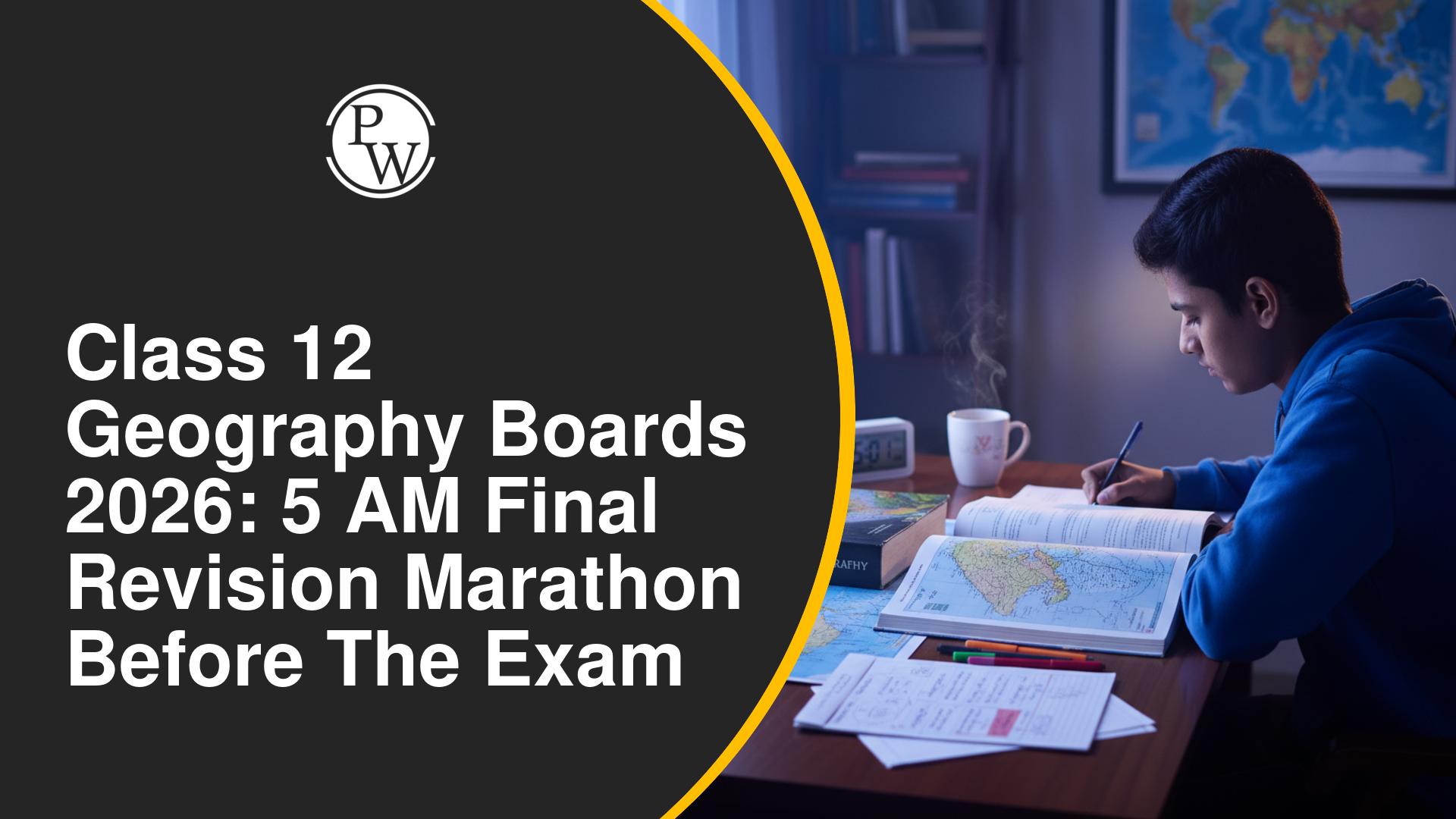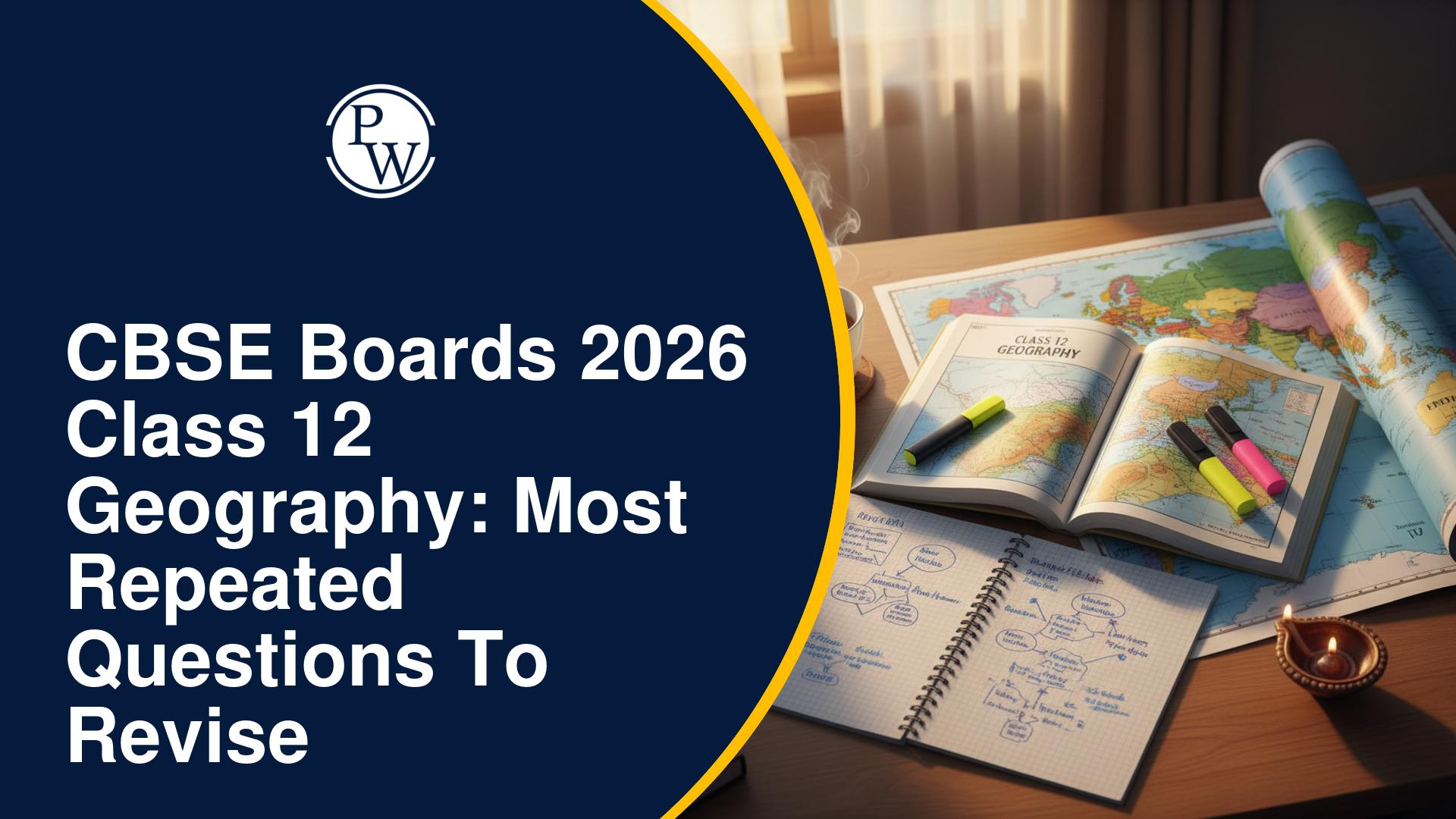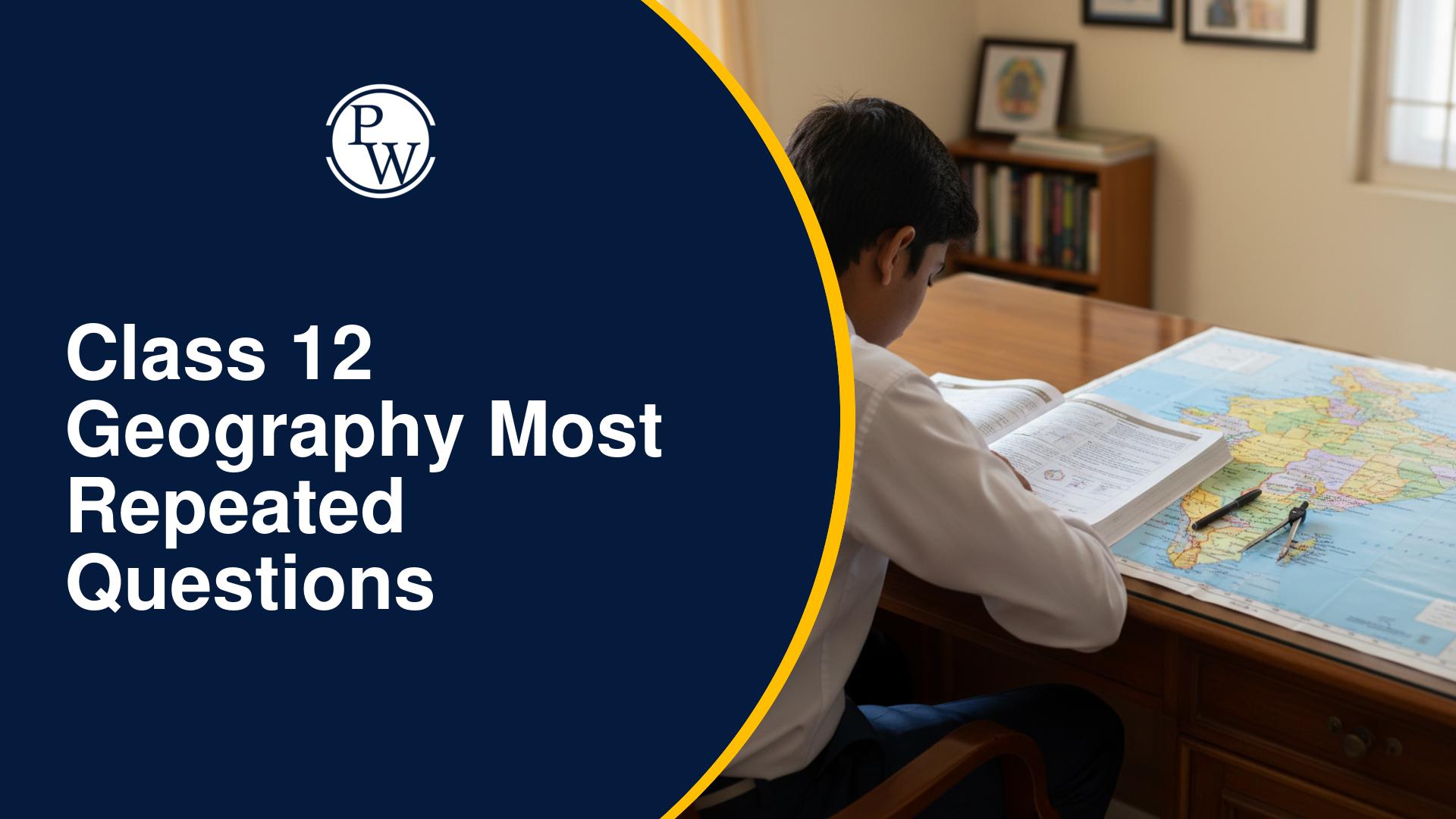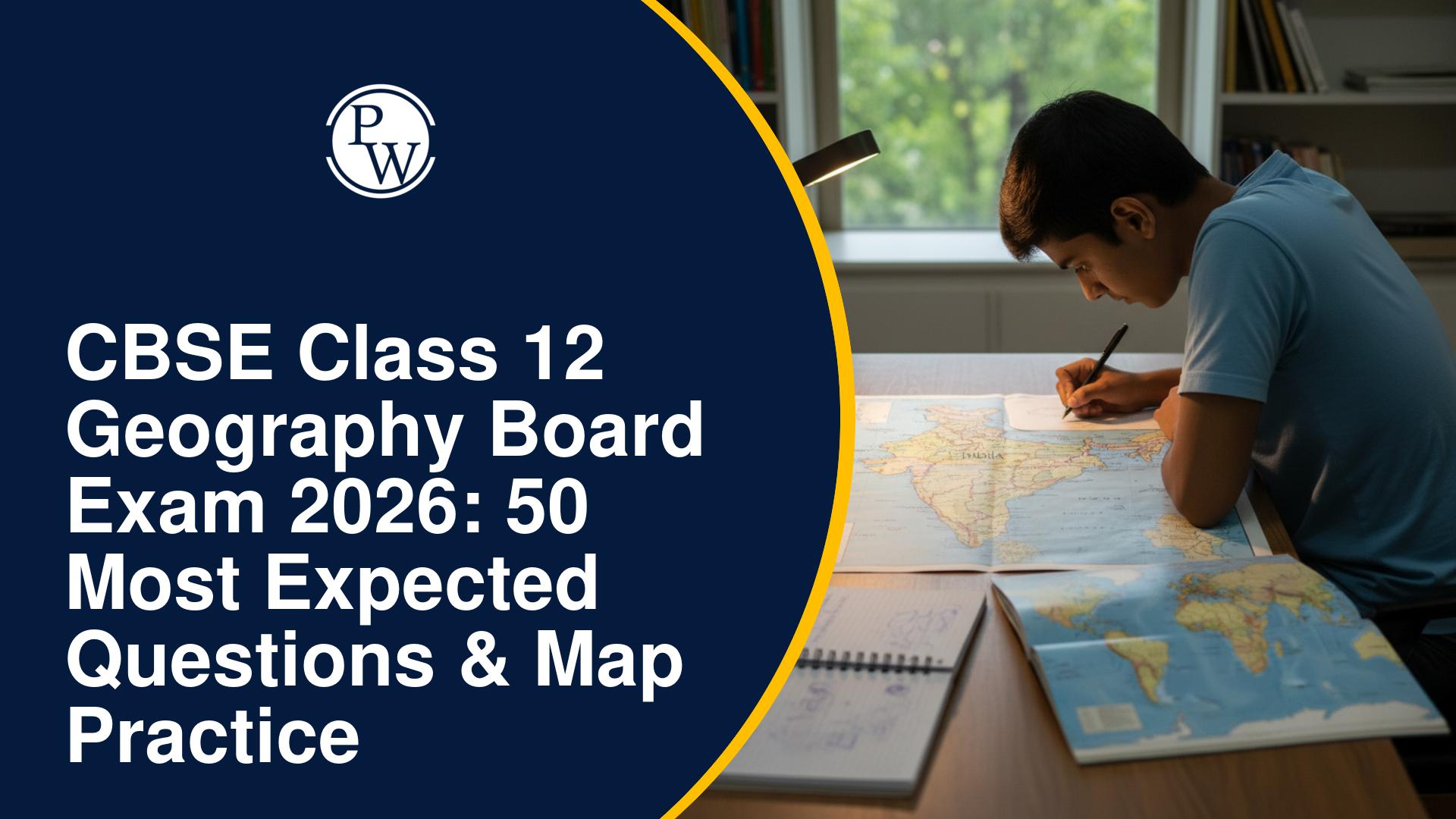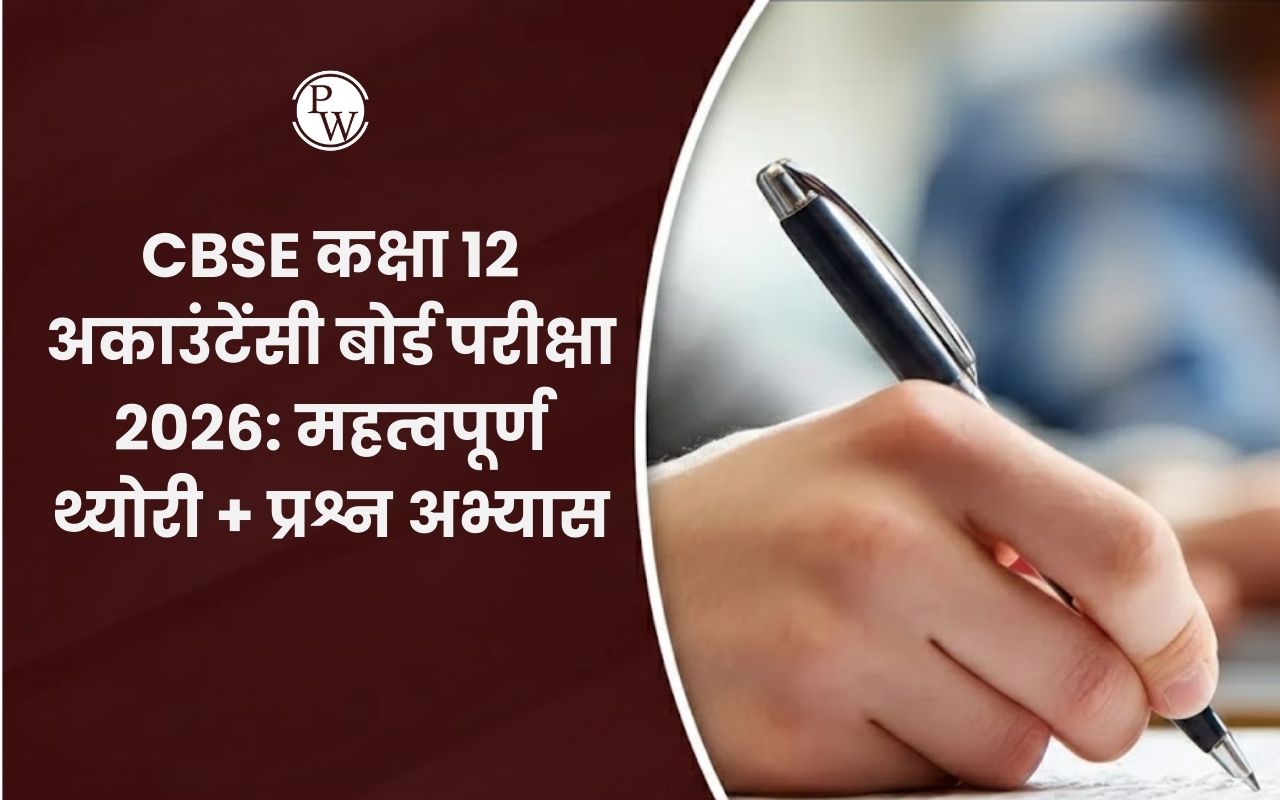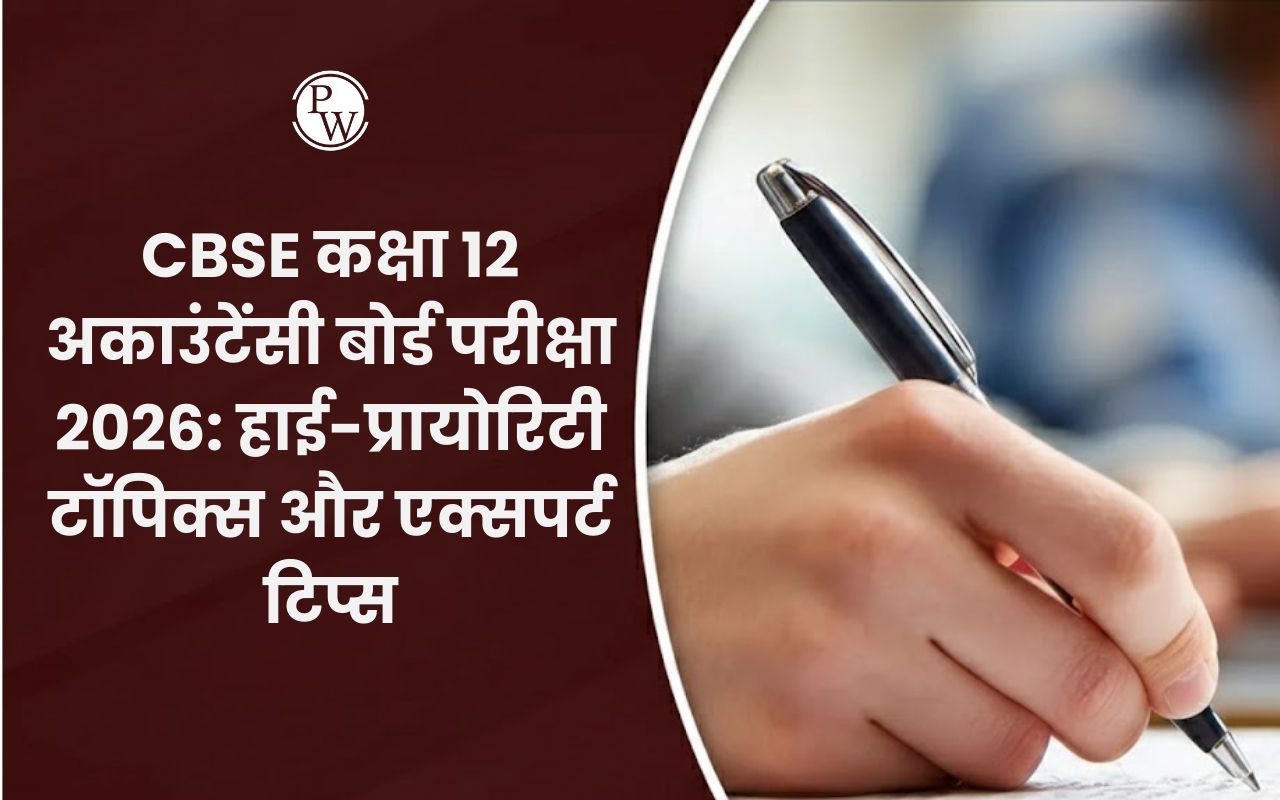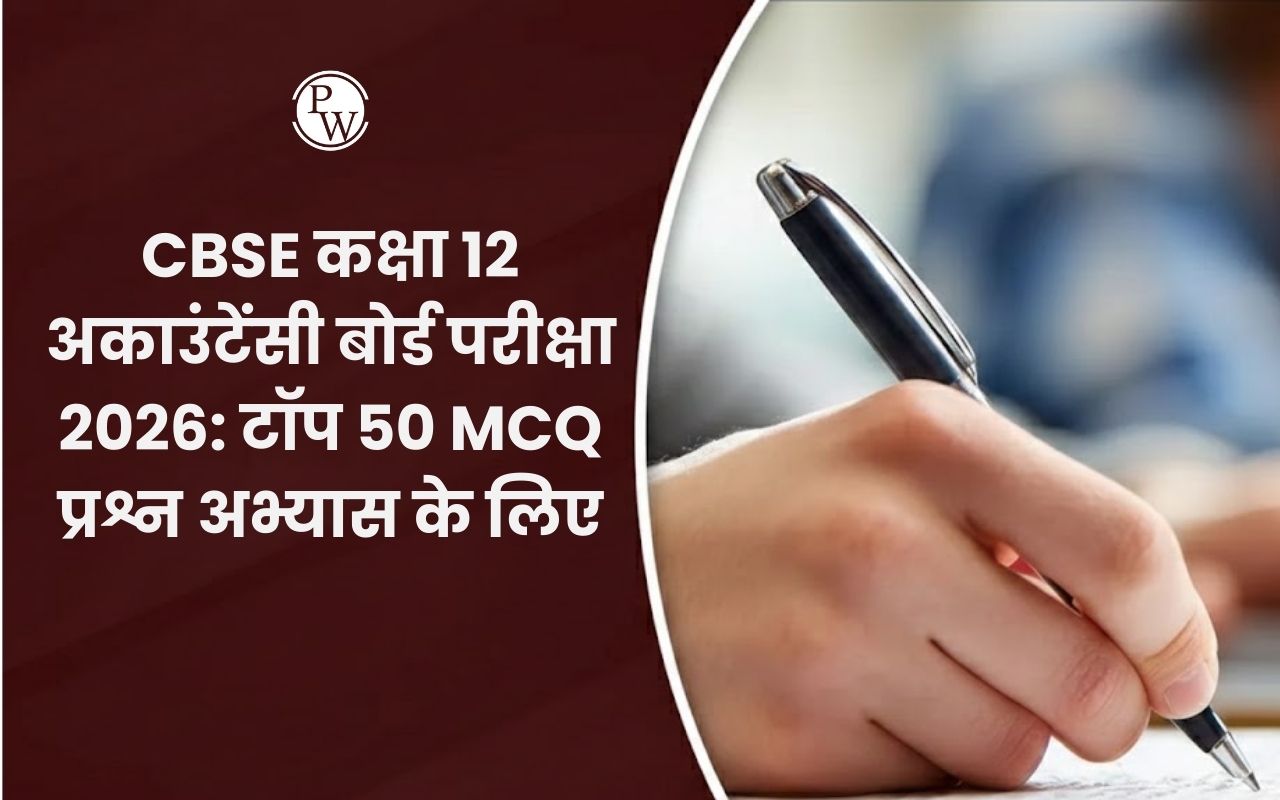
CBSE Class 12 History Chapter Wise Weightage 2024: This page provides the CBSE Class 12 History Chapter Wise Weightage 2024. To determine which chapters are crucial for your board exam preparation, you can look at the chapter-by-chapter mark distribution for each subject.
This article's chapter-by-chapter mark distribution is based on the most recent CBSE Class 12 Syllabus 2023–2024. In the CBSE, a subject's total score is 100. A student is required to attend all five of the major topics. Should a student want to take more subjects, the total number of subjects could rise. The theoretical paper is worth 80 marks for courses like maths, accounting, business studies, economics, and history. The remaining 20 marks are used for internal evaluation. However, the marks for theory and practical components are split into 70 and 30 for topics like geography, physics, chemistry, biology, and others that require practicals.CBSE Class 12 History Chapter Wise Weightage 2024
The syllabus for CBSE Class 12 History in 2023–2024 covers a broad range of topics, including the Cold War, the rise of globalisation, and the Indian National Movement. The rise of nationalism in India, the several stages of the country's independence movement, and the contributions made by well-known individuals to the cause are among the subjects addressed by the Indian National Movement. The causes of the Cold War, significant Cold War occurrences, and its end are among the topics covered by this article.CBSE Class 12 History Syllabus
Subjects about the expansion of globalisation encompass the conditions that give rise to it, the diverse characteristics of globalisation, and the impact of globalisation on different nations.Numerous map-based tasks that teach students about the geographical aspects of the topics studied are also included in the syllabus.CBSE Class 12 History Chapter Wise Weightage 2024
Below we have mentioned CBSE Class 12 History Chapter Wise Weightage 2024. Weightage will help you understand the chapters that carry more marks in the examination.|
CBSE Class 12 History Chapter Wise Weightage 2024 |
||
| Part | Theme | Marks |
| Themes in Indian History Part I | Bricks, Beads, and Bones: The Harappa Civilisation | 25 |
| Kings, Farmers, and Towns: Early States and Economies (c.600 BCE 600 CE) | ||
| Kingship, Caste and Class: Early Societies (c. 600 BCE 600 CE) | ||
| Thinkers, Beliefs and Buildings: Cultural Developments (c. 600 BCE 600 CE) | ||
| Themes in Indian History Part II | Through the Eyes of Travellers: Perceptions of Society (c. tenth to seventeenth centuries) | 25 |
| Bhakti-Sufi Traditions: Changes in Religious Beliefs and Devotional Texts (c. eighth to eighteenth centuries) | ||
| An Imperial Capital – Vijayanagar (c. fourteenth to sixteenth centuries) | ||
| Peasants, Zamindars and the States: Agrarian Society and the Mughal Empire (c. sixteenth-seventeenth centuries) | ||
| Themes in Indian History Part III | Colonialism and The Countryside: Exploring Official Archives | 25 |
| Rebels and Raj: 1857 Revolt and its Representations | ||
| Mahatma Gandhi and the National Movement: Civil Disobedience and Beyond | ||
| Framing of the Constitution: The Beginning of a New Era | ||
| - | Map Work | 05 |
| Total | 80 | |
Class 12 History Syllabus 2023-24 PDF
If students are interested in pursuing careers in history, politics, or other humanities-related fields, the Class 12 History course is a great resource. View the 2023–24 CBSE Class 12 History syllabus in PDF format here.Class 12 History Syllabus 2023-24 PDF
CBSE Class 12 History Question Paper Design 2024
Below we have mentioned CBSE Class 12 History Question Paper Design 2024. Students are advised to check their history question paper design properly to perform better in the exams.|
CBSE Class 12 History Question Paper Design 2024 |
|||||||||||
| Book | MCQ | SA | LA | Source Based | Map | Total | |||||
| No of Questions | MM | No of Questions | MM | No of Questions | MM | No of Questions | MM | Theory | |||
| Part 1 | 7 | 1 | 2 | 3 | 1 | 8 | 1 | 4 | 25 | ||
| Part 2 | 7 | 1 | 2 | 3 | 1 | 8 | 1 | 4 | 25 | ||
| Part 3 | 7 | 1 | 2 | 3 | 1 | 8 | 1 | 4 | 25 | ||
| Map | 05 | 05 | |||||||||
| Project | 80 | ||||||||||
| Total | 7x 3=21 | 6x 3=18 | 3x 8= 24 | 3x4=12 | 1x5=5 | 100 marks | |||||
CBSE Class 12 History Preparation Tips
Understand the Exam Pattern
Make sure that before you start studying, you understand the format of the exam. The CBSE Class 12 History Exam consists of two parts: Part A and Part B. While Part B is up to the individual student, Part A is required of all students. Part A is divided into two sections: Section A and Section B. Section A consists of sixteen objective-style questions, and Section B consists of three questions based on sources. Part B consists of six questions, four of which students must answer correctly.Know the Syllabus
It's critical to fully understand the CBSE Class 12 History Exam syllabus. There are three sections to the syllabus: Part 1, Part 2, and Part 3. While Part 2 covers Mediaeval India, Part 1 covers Ancient India. Modern India is covered in Part 3. It is crucial to carefully review the syllabus and make preparations by it.Schedule your study time
Make a study schedule that will allow you to complete the course material before the test. Allocate time for every component of the curriculum by dividing it into smaller, easier-to-read sections. Make sure you stick to your timetable and have appropriate expectations.Practice with question papers from prior years
By reviewing last year's test questions, you can gain a better understanding of the exam structure and question types. You can use it to identify your advantages and disadvantages and take the required actions to strengthen them. Try answering as many exam questions from previous years as you can.Take Notes
Taking notes while you study can help you retain more information. Don't forget to jot down key ideas and points. To aid in memory retention, you can also make mind maps or diagrams.Revise Regularly
The secret to remembering information is revision. Make sure you go over key ideas and points in your revisions regularly. Additionally, you can make summaries or flashcards to aid with your speedy revision.CBSE Class 12 History Chapter Wise Weightage 2024 FAQs
What is the syllabus of class 12 history?
CBSE Class 12 History Syllabus 2023-24 includes Bricks, Beads and Bones, Kings, Farmers and Towns, Kinship, Caste and Class, Thinkers, Beliefs and Buildings, Through the Eyes of Travellers, An Imperial Capital: Vijayanagar etc for the session 2023 – 2024. Here is the detailed syllabus.
How many chapters are there in class 12th history?
There are a total of 15 chapters in Class 12 History.
What is the weightage of history class 12 CBSE?
The 15 chapters in Class 12 History are divided into 3 parts which carry a weightage of 25 marks each.
🔥 Trending Blogs
Talk to a counsellorHave doubts? Our support team will be happy to assist you!

Check out these Related Articles
Free Learning Resources
PW Books
Notes (Class 10-12)
PW Study Materials
Notes (Class 6-9)
Ncert Solutions
Govt Exams
Class 6th to 12th Online Courses
Govt Job Exams Courses
UPSC Coaching
Defence Exam Coaching
Gate Exam Coaching
Other Exams
Know about Physics Wallah
Physics Wallah is an Indian edtech platform that provides accessible & comprehensive learning experiences to students from Class 6th to postgraduate level. We also provide extensive NCERT solutions, sample paper, NEET, JEE Mains, BITSAT previous year papers & more such resources to students. Physics Wallah also caters to over 3.5 million registered students and over 78 lakh+ Youtube subscribers with 4.8 rating on its app.
We Stand Out because
We provide students with intensive courses with India’s qualified & experienced faculties & mentors. PW strives to make the learning experience comprehensive and accessible for students of all sections of society. We believe in empowering every single student who couldn't dream of a good career in engineering and medical field earlier.
Our Key Focus Areas
Physics Wallah's main focus is to make the learning experience as economical as possible for all students. With our affordable courses like Lakshya, Udaan and Arjuna and many others, we have been able to provide a platform for lakhs of aspirants. From providing Chemistry, Maths, Physics formula to giving e-books of eminent authors like RD Sharma, RS Aggarwal and Lakhmir Singh, PW focuses on every single student's need for preparation.
What Makes Us Different
Physics Wallah strives to develop a comprehensive pedagogical structure for students, where they get a state-of-the-art learning experience with study material and resources. Apart from catering students preparing for JEE Mains and NEET, PW also provides study material for each state board like Uttar Pradesh, Bihar, and others
Copyright © 2026 Physicswallah Limited All rights reserved.
